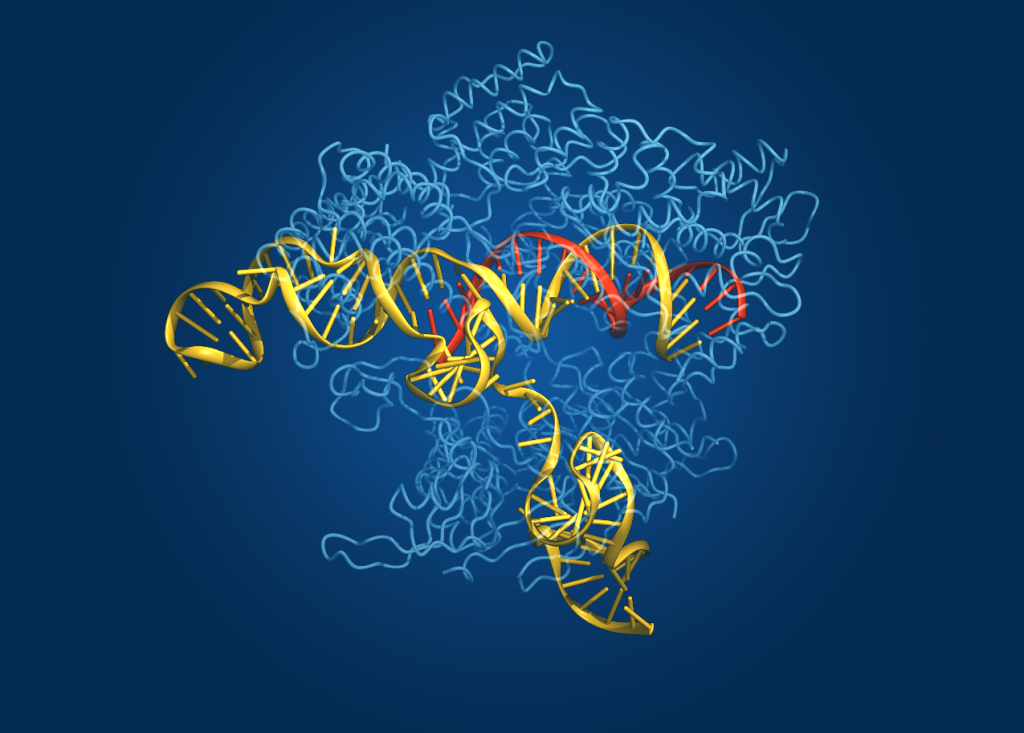The “Southlake Playbook”: How Our Schools Became A Political Battleground
Three years ago, conservative activists took over the school board in a small suburb in Texas. NBC News investigative reporter Mike Hixenbaugh has been following the story ever since. He says what happened in Southlake inspired a movement that threatens to undermine public education in America.


